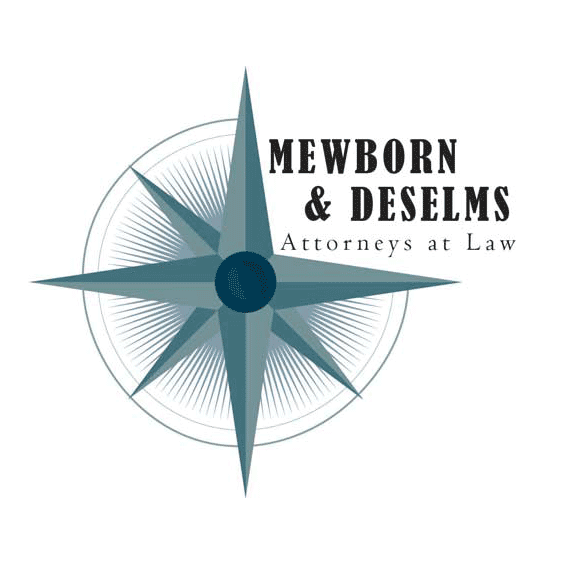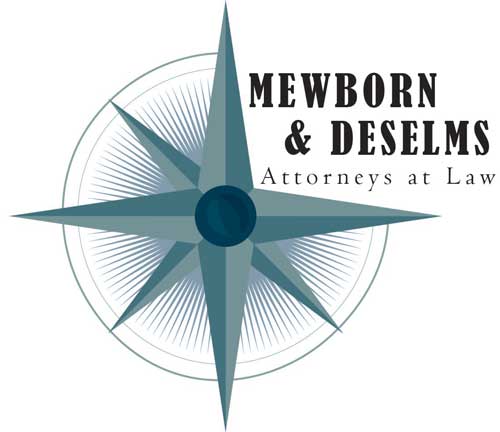If you have recently experienced the death of a close friend or loved one, you may have a host of feelings and emotions over the loss of someone special. It is difficult to carry out matters of finalizing the estate while you are trying to work through the loss and put your life back in order. Whether your loved one named you as the executor of the estate or you are helping with the estate in other ways, dealing with the matters involving estate settlement can be trying.
It is critical to fully understanding the probate process in order for it to run as smoothly as possible.
What is probate?
Probate is the finalization of the matters of the estate, such as paying off existing debts, collecting all estate property and assets and finding the value of the estate. The process also ensures that the property left by the deceased gets to the beneficiaries named in the last will and testament.
What does the executor do?
The estate administrator, or executor, appointed in the will is responsible for carrying out certain duties, such as alerting creditors, life insurance companies and other entities of the death. The administrator will then account for the estate’s property and assets, and find a running value for the estate.
It is up to the executor to ensure nothing happens to the property during the probate process. Once he or she pays off all debts and taxes of the estate, the remaining property and assets are available to distribute amongst heirs. Tracking the beneficiaries down in some cases may be difficult, but it is a necessary part of the process.
Do all assets have to go through probate?
Not all estates go through the probate process. There are some methods that people can use to transfer property and/or money directly to the beneficiaries. If your loved one placed the property in a trust or under another policy holder’s name with a notation of “transferable upon death,” it may skip the probate process altogether.


